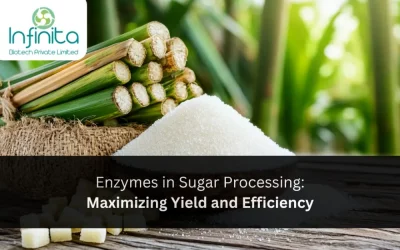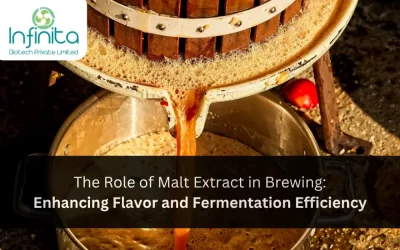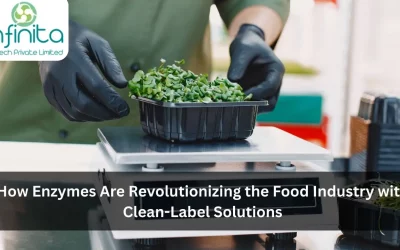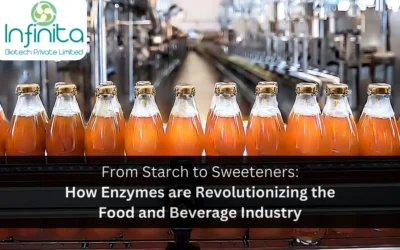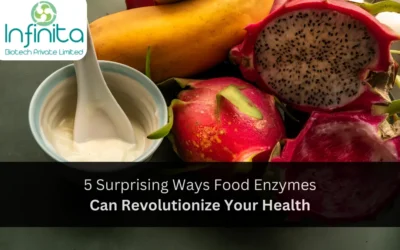Proteolytic Enzymes
Proteolytic enzymes, also called “proteases, ” divide the peptide bonds that unite two amino acids. Proteolytic enzymes go through a hydrolytic reaction mechanism to do the same and are obtained through eukaryotic and prokaryotic organisms.
Microbial Proteases
Microbial Proteases are used in diverse industries such as food, textile, waste, leather, and others. Concerning their physiological and commercial uses, proteases have a key position. Moreover, microbial proteases are considered an alternative to chemicals and a nature-friendly indicator. Manufacturing units utilise microbial protease instead of chemicals because they can handle extreme conditions and control autoproteolytic activity.
Keratin
Keratin is a fibrous protein used in the food, fertiliser, cosmetic and pharmaceutical industries. The degradation of Keratin is challenging, and its disposal can create numerous environmental problems.
Alkaline Proteases
Alkaline proteases are known as proteases which are involved in a tepid to alkaline pH range. An alkaline protease is a vital group of enzymes that has wide use in industries like detergent, food, pharmaceutical, and leather industries. Most manufacturing units across the industries use thermo-stable alkaline whose optimum activity lies between 50° C and 70° C.
Whey Protein
Whey protein is a byproduct derived from the cheese-making process and is the foremost protein found in dairy products. It provides a significant amount of amino acids, which are essential to perform the functions of protein in the body. Whey protein is typically added to liquids and soft foods in powder form or mixed with ice or fruit pulp to make a smoothie.
Whey protein is often suggested to increase muscle mass and strength during a strength training program. It might also help people who are facing difficulties in gaining or sustaining weight. Additionally, whey protein is also considered beneficial in recovering from chronic wounds and burns.
Soya Protein
Soya Protein is a cholesterol-free and lactose-free protein and is known for health support across the lifespan. Typically, it is derived from soybeans and delivers multiple health benefits. Soya protein is often used to substitute animal proteins in a person’s diet as it contains no cholesterol and is quite low in saturated fat. This is the only protein type that includes eight essential amino acids. Moreover, it is also considered a reasonable source of calcium, iron, zinc, fibre, and vitamin B.
Possible Use Cases Of Proteolytic Enzymes
While microbial proteases are known as the most significant proteolytic enzyme, alkaline proteases are considered the foremost enzyme variety in the market due to their peak demand. The number of studies and research on proteolytic enzymes has increased over the years due to their various industrial applications, and some of them are mentioned below.
1. Protein Hydrolysis
Proteases are used in the food industry for improved deliciousness and extended storage life of multiple protein sources available. Proteolytic Enzymes play a crucial role in achieving the high nutritional value of protein hydrolysates.
2. Food and Feed Industry
Proteases are added to milk for cheese production. Proteases are added to hydrolysed kappa casein and avoid coagulation by stabilising micelle formation. Because of its early inactivation in subsequent baking, gluten is partly hydrolysed by a heat-labile fungal protease in the baking industry for faster dough preparation. The inclusion of microbial alkaline proteases enabled the synthesis of protein hydrolysates with excellent nutritional value. Bioactive peptides play a vital part in the synthesis of numerous pharmaceutical drugs as well as potential molecules in severe environmental conditions.
The food industry has long been using enzymes obtained for streamlining the process. Being a leading enzyme manufacturing company, Infinita Biotech offers high-quality plant-based Proteolytic Enzymes for the food and feed industry. We have phytase enzymes, cellulase enzymes, hemicellulase enzymes, and more. Along with quality assurance, we offer easy-to-use kits for easy application of enzymes quickly. If you are looking for proteolytic enzymes for commercial use, connect with us today.
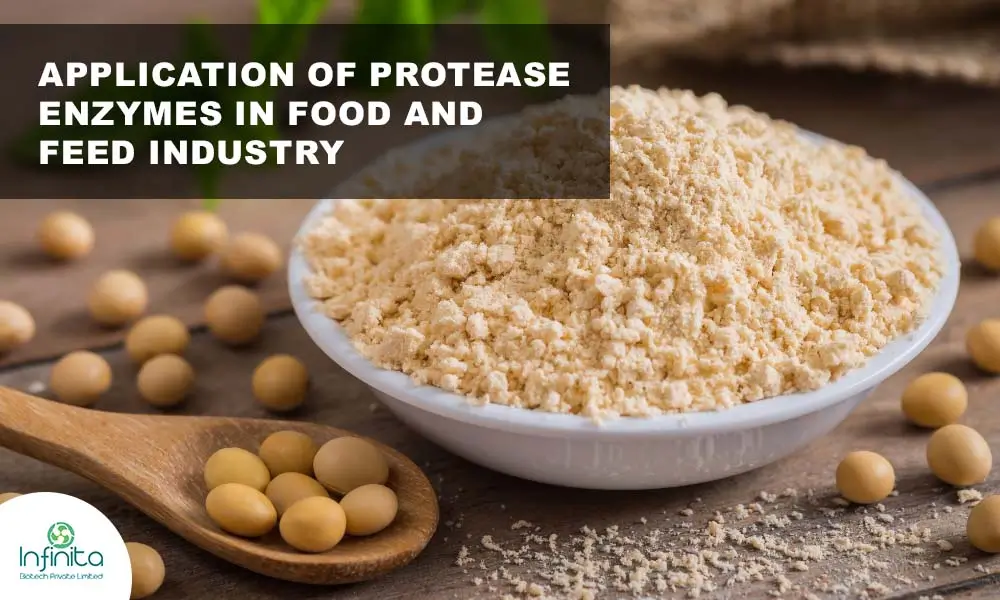
 Summarize this Article with AI
Summarize this Article with AI
